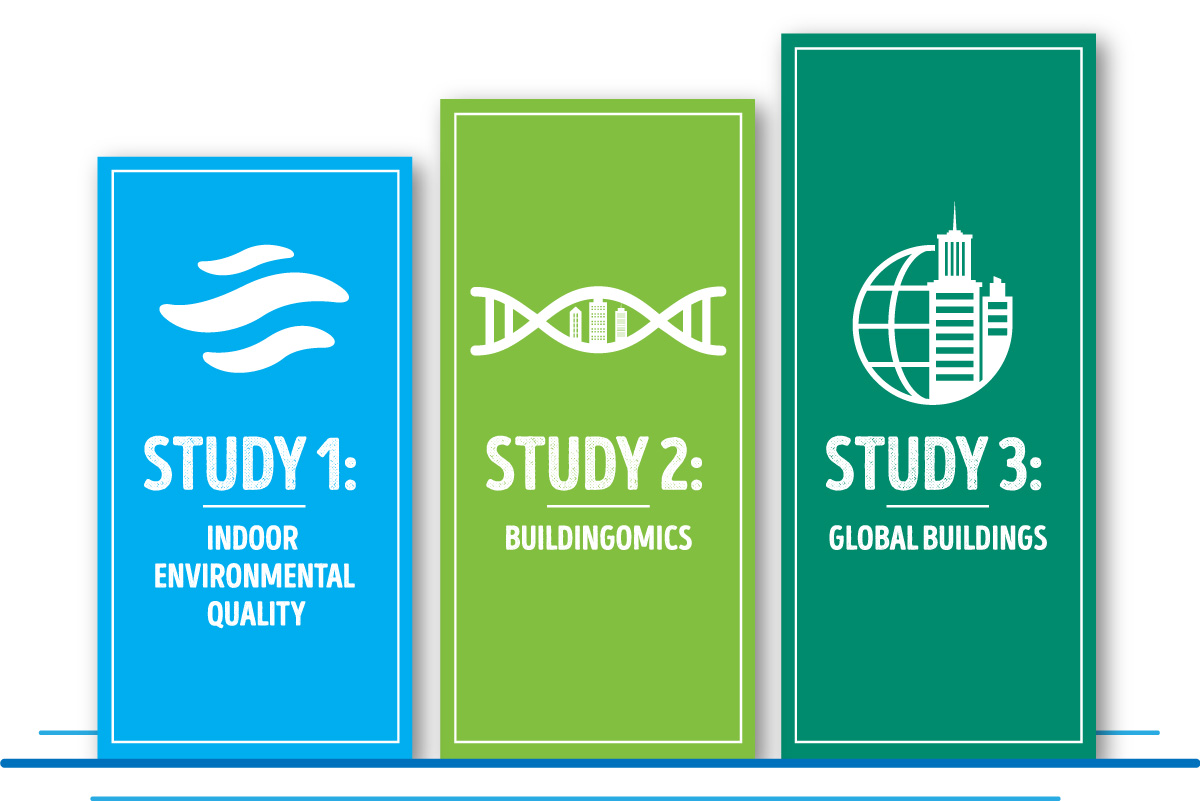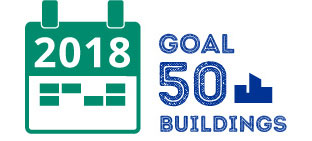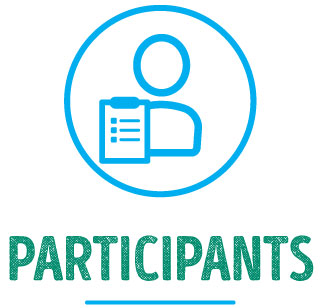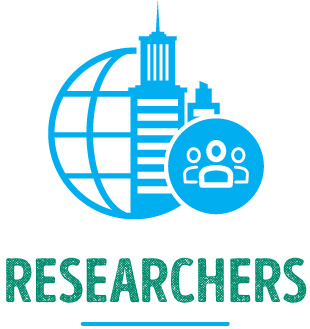Building on the first two COGfx studies, COGfx Study 3: Global Buildings aims to create the first-ever cohort of green buildings for a comprehensive, multi-year study of the specific factors in a built environment that influence human health and productivity. Harvard University researchers from the T.H. Chan School of Public Health invite buildings from all over the world to be a part of this ground breaking research. The study team will provide office workers in these buildings who sign up for the study:
These devices will integrate with the new ForHealth app, allowing study participants to complete surveys and cognitive tests.
Want to learn more or get involved? Visit the website for Harvard’s COGfx Study webpage: forhealth.org/globalbuildings.
New research from the Harvard T.H. Chan School of Public Health, called The COGfx Studies, is changing the green building discussion by unveiling its impact on human performance. Study 1: Indoor Environmental Quality set the methodology. Study 2: Buildingomics took the research out of the lab, connecting green buildings with occupants’ health and productivity. Now, Study 3: Global Buildings scales the research globally.




 Findings become available BEGINNING IN 2018
Findings become available BEGINNING IN 2018
Office workers in participating buildings volunteer to take part.




Harvard researchers receive anonymous, real-time data through the For Health app.